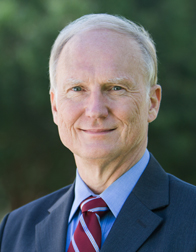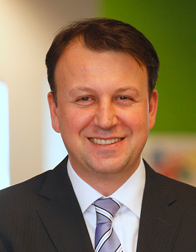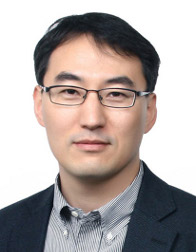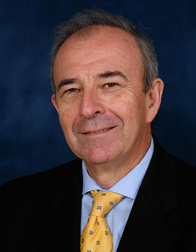PROGRAM
Monday, 7 April 2014, 09:00 - 10:30
Dr. Edward Tiedemann
Senior Vice-President, Engineering & Qualcomm Fellow, Qualcomm Technologies Inc.
Mr. İlker Kuruöz
Chief Technology Officer, Turkcell
Tuesday, 8 April 2014, 09:00 - 10:30
Dr. Wonil Roh
Vice-President, Head of Adv. Communications Lab., Samsung Electronics
Prof. Erol Gelenbe
Imperial College, London
KEYNOTE TALKS
Hup-2-3-4. Do We Stop at Four? A Perspective on the Wireless Industry
by Edward G. Tiedemann, Jr., Qualcomm Technologies Inc.
Click here to download the presentation.
Abstract: The integration of tablets and smart phones into daily life, the development of sophisticated and useful applications, and the desire of people to connect by social networking is driving an exponential growth in wireless data. To meet this growth, cellular operators have done massive deployments of 3G (HSPA and cdma2000) and, increasingly, LTE. 3GPP continues to develop many enhancements to both HSPA and LTE, such as carrier aggregation across three bands and HetNet techniques to support network densification. Cellular operators are also supplementing their traditional operation in licensed spectrum by using WiFi in unlicensed spectrum, and are demanding “carrier grade WiFi.” A group of companies recently proposed that 3GPP extend LTE to 5 GHz unlicensed spectrum as an adjunct to licensed spectrum operation. JTG 4-5-6-7 is studying whether additional spectrum can be identified in WRC-15. Other methods to provide access to spectrum, such as ASA/LSA which allows sharing with incumbents, are being considered. There is also increasing discussion of whether there will be a 5G, and, if so, the timeframe and key requirements. This keynote will examine the status of the wireless industry, some challenges that it is facing, and where it might be going.
Global Industry Challenges for Future Wireless Communications
by İlker Kuruöz, Turkcell
Click here to download the presentation.
Abstract: Mobile network operators are at the edge of transforming the ways to manage their business and technology. Mobility has changed the telecom world tremendously and yet on top of it Mobile Broadband is another great invention to change the behaviors towards data, content, applications and the whole Internet. While moving towards a real-time connected world, mobile networks are facing challenges like ever increasing data traffic, ultrafast connectivity requirements, expanding competition including OTT’s, growing resource consumption and the inverse ratio between costs and revenues. It is becoming more and more critical to find innovative ways of doing business, to enable cost-effective solutions and faster time-to-market of new services. Telecom and IT industries are converging rapidly, enabling smart, software-defined, virtualized and cloud based networks. On the road ahead for building future networks, wireless technologies should bring new opportunities for solving today’s challenges introducing enhanced services and improving the lives of people, business and society. In this talk, we address those major challenges faced by global industry.
Vision and Key Features for 5th Generation Communications
by
Wonil Roh, Samsung Electronics
Click
here to download the presentation.
Abstract: 5G can provide immersive service experiences which require ultra fast data transmission, superior user experience, massive connectivity and etc., which should be based on green and cost-effective technologies This talk presents vision, requirements, and key enabling technologies for 5th generation wireless communications. We will take an in-depth look into several key technologies. In addition, the results of the initial field tests carried out in Suwon, Korea using the testbed system operating at 28GHz will be described showing the feasibility of cellular operation at such high frequencies.
Energy Packet Networks and Dynamic Energy Allocation
by
Erol Gelenbe, Imperial College
Click
here to download the presentation.
Abstract: The concept of an Energy Packet Network (EPN) which we suggested in 2011, where energy units are generated, stored and distributed in discrete units and forwarded on demand, has been experimentally implemented in Japan. This paper will describe the concept, discuss a possible mathematical approach to analyse such systems based on stochastic processes which differs from conventional Ohms Law based electrical system analysis, and link it also to the use of energy packets for information processing and transmission in nano-systems.



